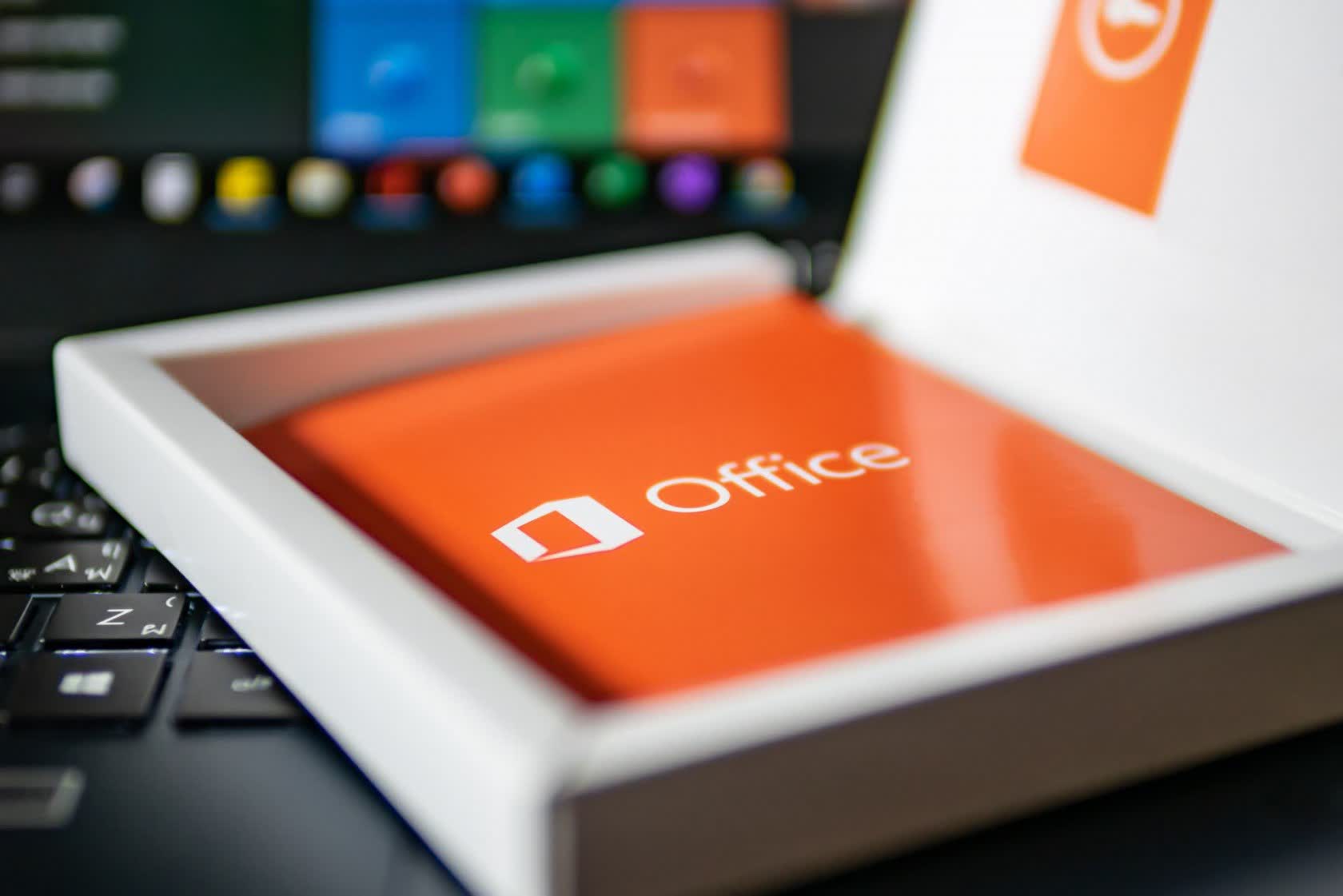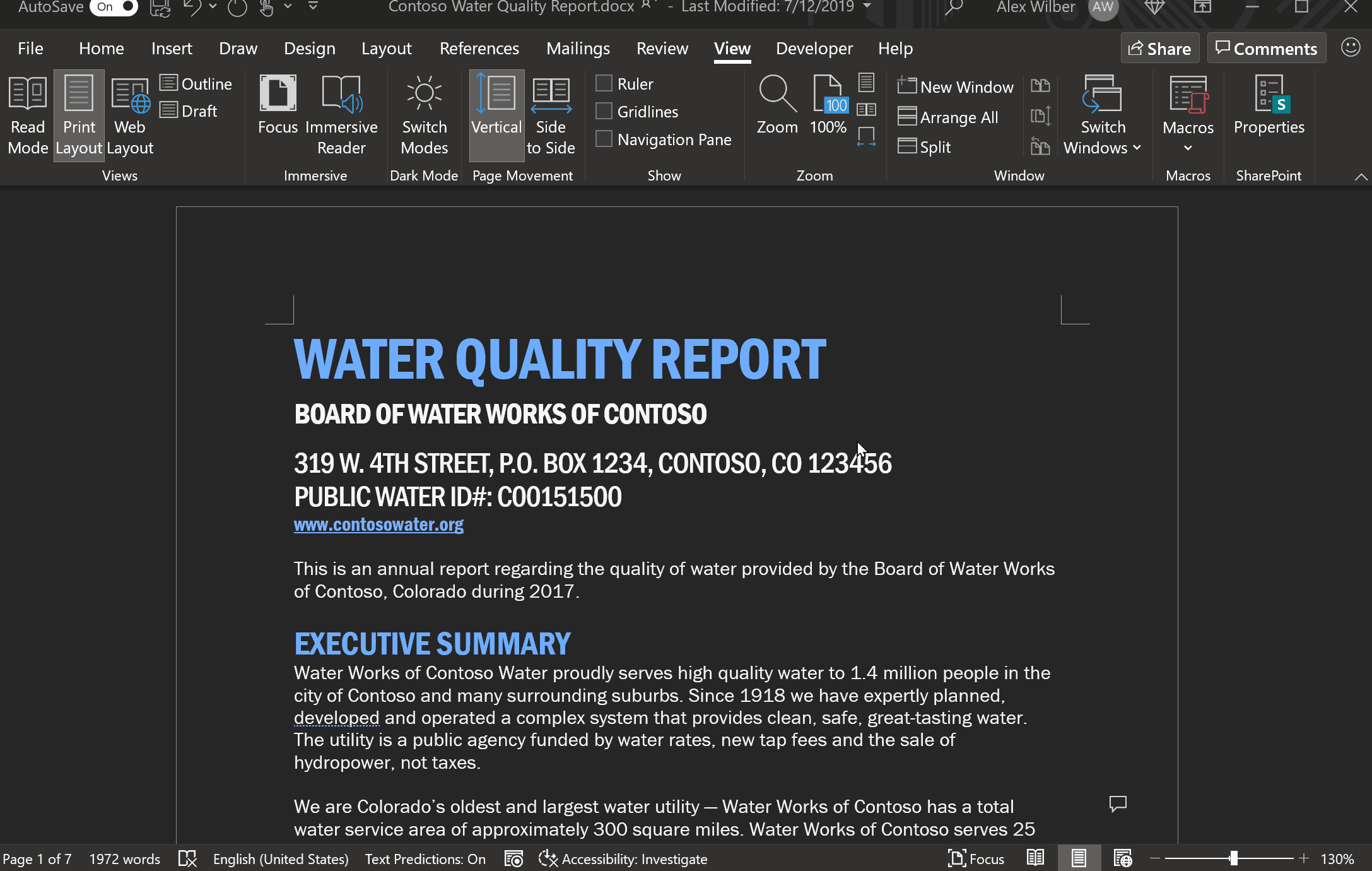In brief: Microsoft's latest iteration of standalone Office packs several new features and will launch in two flavors when it arrives on Windows and macOS later this year. Regular users and small businesses will get Office 2021 at the standard price, while a slightly more expensive Office LTSC (Long Term Servicing Channel) will become available for organizations with locked-in systems that prefer the stability and pricing of a standalone release over feature updates and subscription costs of Microsoft's cloud-powered 365 suite.

Microsoft revealed its plans of launching a standalone version of Office 2021 a few months ago, and the company has now given more information on what users can expect in terms of features, tweaks, versions, and support.
First and foremost is Office LTSC, Microsoft's offering for businesses employing specialty systems and regulated equipment that can't afford the interruptions of cloud-powered feature updates and must stay locked-in for years on end. Alongside accessibility and performance improvements, Office LTSC will pack some of the features of Microsoft's 365 apps like Dynamic Arrays, XLOOKUP in Excel, and dark mode support for multiple apps.
This version will come with Microsoft's OneNote app included. However, Skype for Business will be dropped in favor of Microsoft Teams, with the former becoming available as a separate download.
Microsoft Word's dark(er) mode with dark canvas will be among the new features in Office 2021
Microsoft will also apply a price hike of up to 10 percent on its suite offerings (Office Standard and Professional Plus) as well as individual apps. It will provide five years of support for this perpetual release. An upcoming commercial preview for Office LTSC will launch in April to familiarize organizations with the new changes.
Regular consumers of standalone Office 2021 will get the same support period as Office LTSC, though its pricing will remain unchanged from previous perpetual releases. Users can expect to see the same features and improvements as Office LTSC. Microsoft has said it will share more details regarding this version closer to release. Both business and consumer versions of Office will have 32-bit and 64-bit support and will be launching on Windows and macOS later this year.
